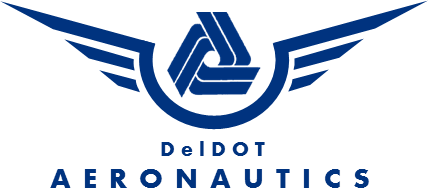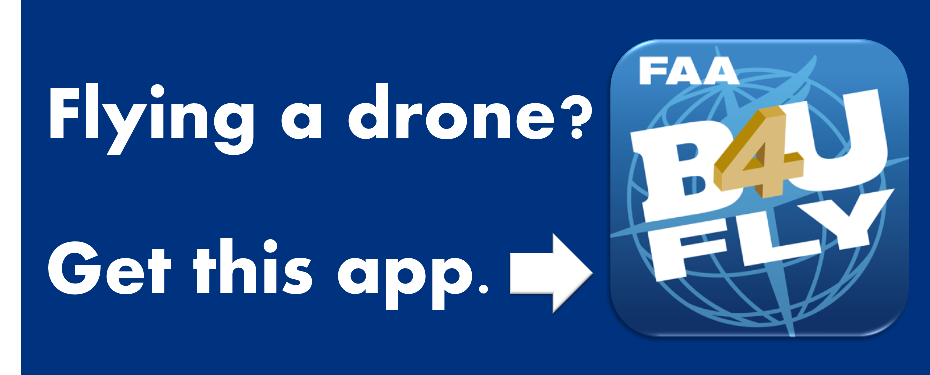Frequently Asked Questions (FAQ)
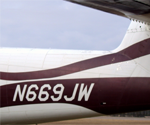 Q. Dangerous Flying: Where do I report an aircraft that is flying dangerously (too low, unauthorized acrobatics, etc.)?
Q. Dangerous Flying: Where do I report an aircraft that is flying dangerously (too low, unauthorized acrobatics, etc.)? Q. Aircraft Noise: How do I report excessive aircraft noise?
Q. Aircraft Noise: How do I report excessive aircraft noise?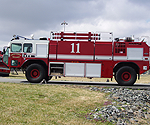 Q. Aircraft Accident/Crash: What should I do if I witness an aircraft accident or come across the scene of an aircraft accident?
Q. Aircraft Accident/Crash: What should I do if I witness an aircraft accident or come across the scene of an aircraft accident? Q. Airport Obstructions/Building Permits: What do I need to know about obstructions/building permits for my project?
Q. Airport Obstructions/Building Permits: What do I need to know about obstructions/building permits for my project?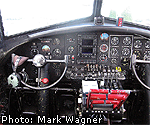 Q. Flight Instruction: Where can I find information on learning to fly?
Q. Flight Instruction: Where can I find information on learning to fly?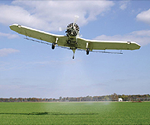 Q. Aerial Applicators: What are Aerial Applicators?
Q. Aerial Applicators: What are Aerial Applicators? Q. Commercial Flights/Airlines: Is there commercial service in Delaware?
Q. Commercial Flights/Airlines: Is there commercial service in Delaware? Q. Trespassers/Crimes/Suspicious Activity at Airports: What should I do if I see suspicious or illegal activities at an airport?
Q. Trespassers/Crimes/Suspicious Activity at Airports: What should I do if I see suspicious or illegal activities at an airport? Q. Private Airports: Can anyone have a private airport on their property?
Q. Private Airports: Can anyone have a private airport on their property?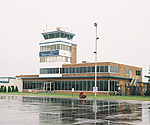 Q. Public-use Airports: What are public use airports?
Q. Public-use Airports: What are public use airports? Q. Airport Directory: Where can I find the Airport Directory?
Q. Airport Directory: Where can I find the Airport Directory? Q. Aviation-Related Businesses: Are there Aviation-Related businesses in Delaware?
Q. Aviation-Related Businesses: Are there Aviation-Related businesses in Delaware?Delaware welcomes and appreciates the value of aviation-related/supportive businesses, such as aircraft sales and parts, maintenance, avionics, aerial spraying, banner-towing, recreational plane rides, skydiving, etc. An aviation-related business can be located at a public-use airport with few restrictions, but locating at a private-use airport requires that it meets the conditions established for the airport by the local land use agency. The Delaware Economic Development Office
(DEDO) (https://business.delaware.gov/) may be able to offer assistance for businesses locating in Delaware; see their website for more information.
 Q. Security Best Practices for GA Airports: Are there guidelines for security best practices?
Q. Security Best Practices for GA Airports: Are there guidelines for security best practices?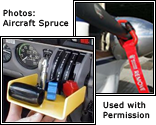 Q. What is the two-lock rule?
Q. What is the two-lock rule?- Locking aircraft entry door
- Locking cockpit door
- Locking hangar door
- Keyed magneto switch
- Keyed starter switch
- Keyed master power switch
- Throttle lock
- Mixture lock
- Locking fuel cut-off
- Locking control surface "gust-lock"
- Propeller lock
- Propeller chain
- Propeller cable
- Locking wheel lock or chock
- Locking tie-down cable
- Lock-in-place pilot tube cover
- "Club" type devices for the control yoke
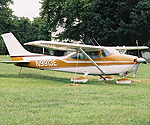 Q. Aircraft Registration: What laws cover aircraft registration in Delaware?
Q. Aircraft Registration: What laws cover aircraft registration in Delaware?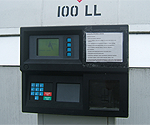 Q. Fuel Tax: Is there a tax on aircraft fuel?
Q. Fuel Tax: Is there a tax on aircraft fuel? Q. Military Airspace/operations in Delaware: Are there any guidelines concerning flight in or near military installations?
Q. Military Airspace/operations in Delaware: Are there any guidelines concerning flight in or near military installations?NCCA is also tower controlled, Class D airspace, but there are no restrictions. The DANG also advises civilian users to be aware of their operations and has issued an advisory document as well as offering pilot briefings to interested fliers.
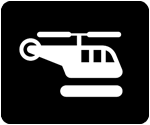 Q. Helicopter landings: Are there any prohibitions for helicopter landings?
Q. Helicopter landings: Are there any prohibitions for helicopter landings? Q. Reporting Obstructions or Flight Hazards: Is there a process to report a flight hazard?
Q. Reporting Obstructions or Flight Hazards: Is there a process to report a flight hazard? Q. Taxes on Aircraft Purchases: Is there a tax when I purchase an Aircraft?
Q. Taxes on Aircraft Purchases: Is there a tax when I purchase an Aircraft?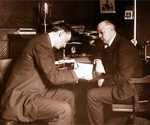 Q. Use Tax/Leased Aircraft: Is there a tax on leasing an Aircraft?
Q. Use Tax/Leased Aircraft: Is there a tax on leasing an Aircraft?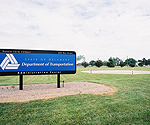 Q. DelDOT Helipad - Use and Reservations: Can the Helipad in front of DelDOT be used by the public?
Q. DelDOT Helipad - Use and Reservations: Can the Helipad in front of DelDOT be used by the public?




